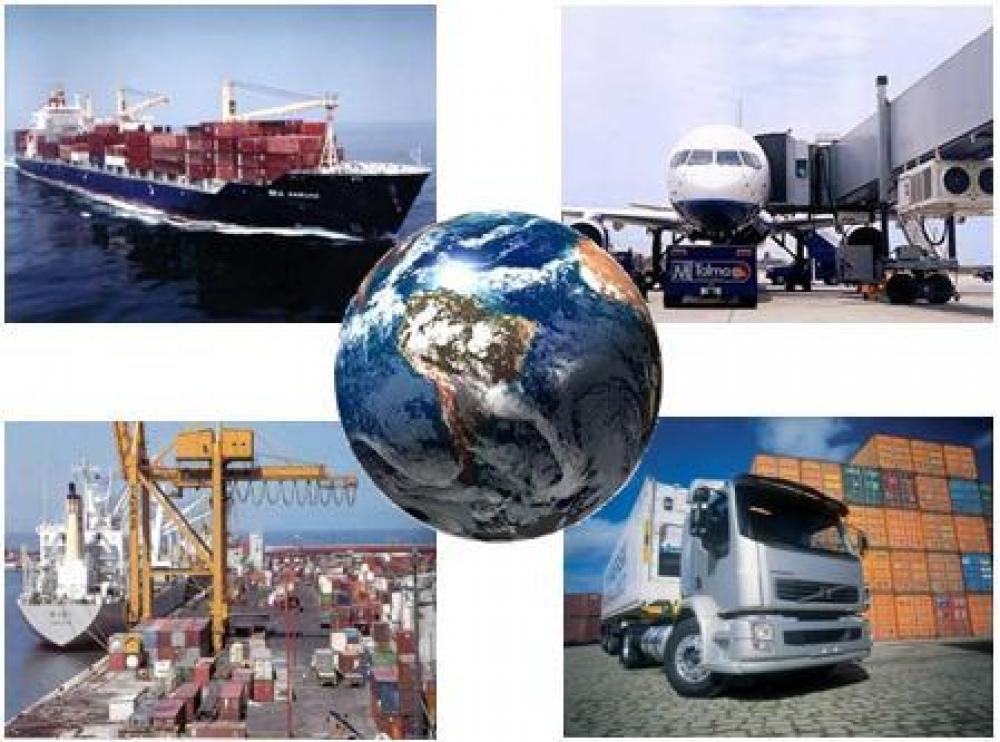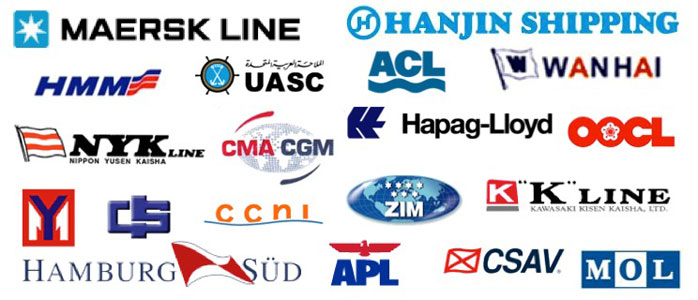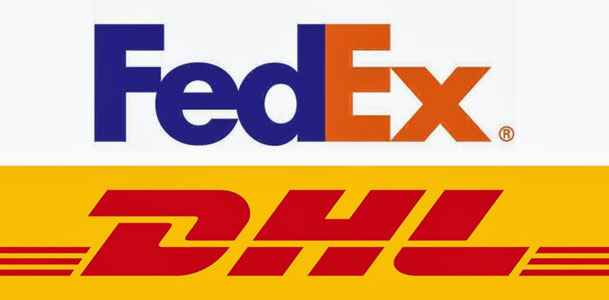How LCL shipping works ??
27 February 2016

How LCL shipping works ??
Ocean freight has been transformed since the 1950s by the introduction of standardised, stackable shipping containers. 90% of non-bulk cargos are containerised and so, to optimise the filling of them, groupage has arisen – a ‘groupage’ definition is the amalgamation of loads into one bigger more cost-effective one.
The smallest and most popular container sizes are (approximately) 20 foot and 40 foot lengths.
Within them are loaded pallets of goods: boxes and crates may also be transported but beware, some ports of entry refuse to handle them. If you have more than 5 or 6 cartons to ship then they are best palletised anyway.
How is LCL Shipping Priced?
Whereas airfreight is very weight-focused, ships are able to handle almost any load. Thus the most important cost factor is how much volume they can accommodate. This means that LCL rates are based on a system that takes package measurements into account and converts then into a density figure: it is the Weight or Measurement rule (WM). The higher of the weight, or the measure calculation, applies.
Shippers work around cubic metre measurements (cbm). You will be charged for a minimum 1 cbm under LCL rules even if you have a very small shipment. There are 33 cbm in a 20 foot container and 66 in a 40 foot container.
Converting cbm into what is known as chargeable shipping volume is done using standard conversions set by shippers: these vary so that some may work on 1 cbm = 500kg, others may work on up to 1000 kg (check with your LCL freight forwarder). If the actual weight is lower than this, then the chargeable shipping volume applies: if the weight is higher, there is a penalty because the weight applies.
In the USA different measures apply and they use 45 lb. per US cubic foot.
What is the Process?
Put simply, you contact a freight forwarding specialist and they will do the rest. They will need to know the measurements and weight of your shipment and will want a copy of your commercial invoice so that they can create the documents they are responsible for, especially their House BoL (Bill of Lading). This is the document that asserts their rights and responsibilities for the goods, which in a mixed shipment is particularly important. The shipper will be amalgamating all the individual House BoLs into his Ocean BoL for the whole container. (Brazil and some African countries require an original BoL and you will have to pay for it to be couriered there).
They will discover which shippers are working on your potential route, bearing in mind that transhipment may be required for less common destinations: and they will get a price for you. They may also carry out one of a range of added-value services including collection delivery to the final destination from the arrival port.
Be aware that a shipping quotation may include origin charges (such as consolidation fee, fuel and currency adjustment factors and Ocean BoL fee): but it will not contain the many potential destination charges.
Transit Time and Uncommon Routes
Generally speaking, LCL takes no longer in terms of transit time than FCL and can be less due to the need for FCL shippers to organise the filling of their dedicated container. (Part-Container Groupage freight can also suffer the same problems). An LCL customer may, if lucky, be able to nip in at the last minute and fill the remaining space on a load.
The only issue may be if you have a destination that does not have regular shipping to it: small shipment senders have no leverage in terms of getting a boat put on in the near future. However most international routes have frequent sailings. Prices will partly depend upon the destination: ports in China that have huge volumes going to Europe and the USA are in need of return traffic. Others may have a combination of more competition and less available space on board.
Packaging Requirements
Your pallet(s) must match the International shipping standards of all the others in the container and the ship in total. That means secure wrapping and clear labelling to the standards of the receiving country: some need dedicated ‘export wrapping’ services.
Be aware that some countries require fumigated, heat treated or plastic pallets. Your LCL shipping forwarder may be able to supply and palletise using these as an extra service.
LCL Customs Clearance
The extra charges mentioned above may include customs entry filing, a customs bond, import duty, sales tax and additional tariffs that depend on your goods’ origin and nature.
There are also likely to be delays due to bureaucratic processes and incorrect completing of forms. Make sure that you have checked and used the right Customs codes: they vary by country outside the EU, and countries in the Americas use a different number of digits.
It is important to get this right because you will only have a few days’ grace before demurrage charges start to be imposed on the goods that have not moved. Your customer may be paying for this part of the process but he will not thank you if there have been errors at your end.
Prohibited Goods
If you are moving house abroad, yes you can use LCL: but if you want to move a vehicle in or out of the USA or some other countries, LCL is not allowed because there are other procedures that the authorities will not allow the shipping agent to carry out. There are other goods that may be prohibited under national import/export laws: as with all matters, seek advice from your groupage shipping experts. They are bound to have come across your issue before.





